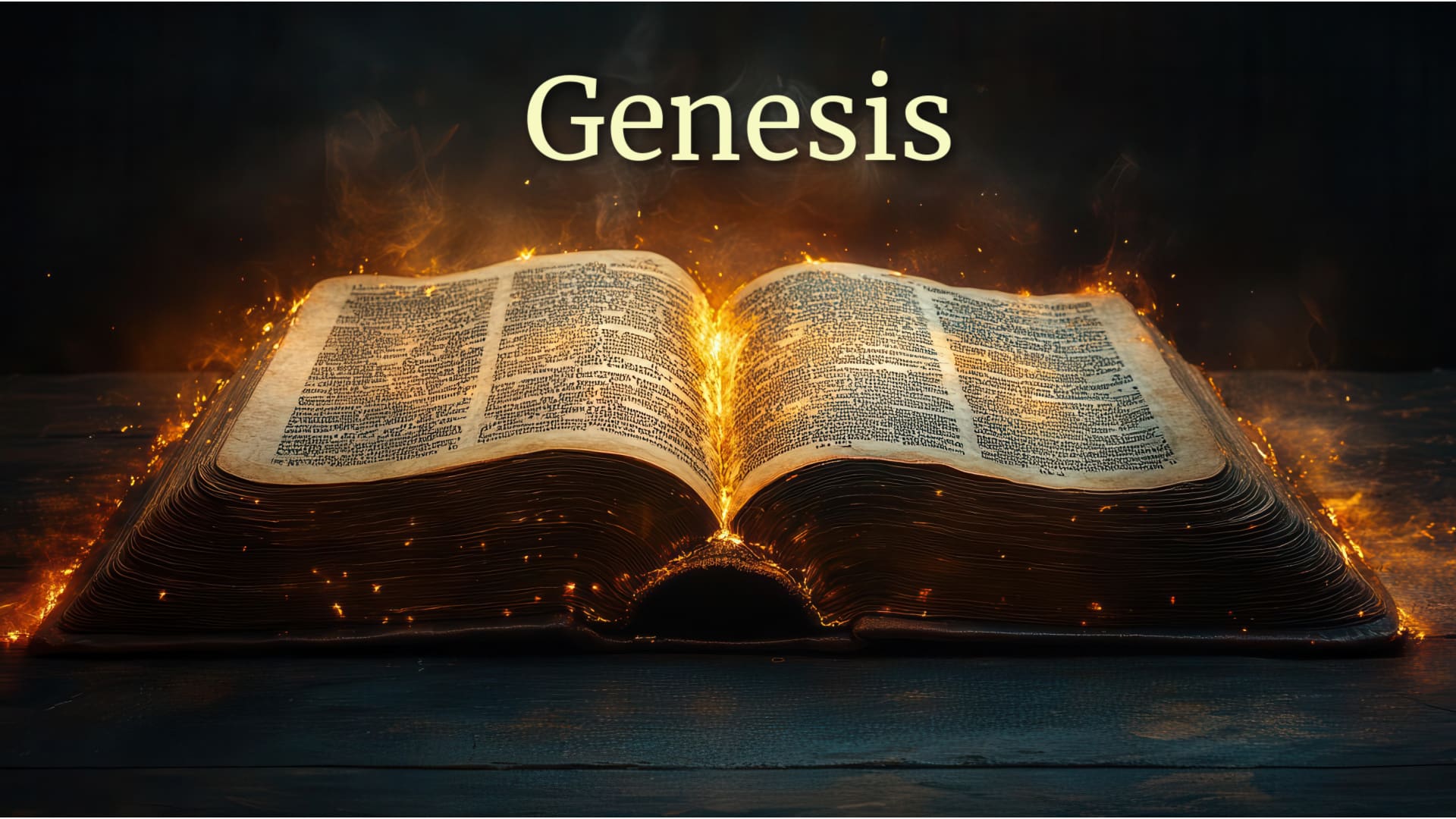
Seth’s Line: Winning When It Feels Like Losing!
And the earth was corrupt in God’s sight, and the earth was filled with violence. Gen. 6:11.
The Garden in Eden, as we have established, was a Holy of Holies, and Adam was its priest made in the image of God, to “cultivate and keep/guard” it in the splendor of the seventh day with Eve his mate and helper. Together they were not to be confined to the boundaries of the garden, for we see that in 1:26—28 they were to have dominion over all the earth and to fill it, which is the court of the cosmic Temple. The idea is that their task was to expand the boarders of paradise, and like God in creation, bring order and rest to the unsubdued chaotic elements outside the garden. Adam failed to guard Eve and the garden from the serpent, was expelled, and lost his role as priest. As we have seen in the last post, Cain’s line filled the earth with moral chaos and violence, an evil reversal of God’s original design.
In the darkness of this reversal, we see that God preserved elements of the original creation in Seth’s line where it is emphasized that he was made in the image of Adam who was made in the image of God (5:1-3), and in association with Seth, “men began to call upon the name of the Lord” (4:26). Enoch, 7th generation from Adam, “walked with God,” which is a biblical metaphor for perfection; it is not a “sinless perfection,” nor attaining a state of ultimate being, but a directional, relational idea. Noah, the 10th generation, was “righteous and perfect” in contrast to the expanding wickedness of the human culture pressing in on him, and like his ancestor Enoch, “walked with God” (6:9).
Noah’s name means “rest”, and his father named him with the hope that his son would be the means of restoring the rest of the 7th day, and thus fulfill the divine plan to re-establish the garden on earth (5:29). It is significant here to point out that in 2:15 where it says that He “place” Adam in the garden. Instead of the usual word for “place/put” (śîm), the text uses (nuaḥ) to “rest” (i.e. in place), which shares the same root as Noah’s name, thus drawing a lexical link from Adam to Noah. In Noah, therefore, we see that God is working quietly in the demonic din of the moral morass and corruption brought about by Cain and his alternative culture, preserving the hope that God’s original intentions that the world will become the Holy of Holies will, in fact, come to past. There are ten recorded generations from Adam to Noah, a symbolic number of completion. Within this span of time, evil reached its zenith, for “YHWH saw that the wickedness of man was great in the earth, and that every imagination of the thoughts of his heart was only evil continually” (6:5). This is not a general statement supporting the universal total depravity of man. In its context, it means that the image of God in man became distorted to the point where judgment became necessary (6:7). The phrase “all flesh had corrupted their way upon the earth” (6:12) suggests that human evil spilled over into the animal realm in a way of unholy mixtures (weir animals?). Noah alone held out. That he found favor (Heb. ḥēn, “grace”) in the eyes of YHWH is a Hebrew idiom meaning that he alone was pleasing to God.
As we survey this antediluvian scene, we get the impression that evil is more powerful, or at least more successful, than good. No doubt Noah felt this way. Feeling that we are in a fight where it seems that we are hard pressed by chaos and evil is the natural feeling of every generation of godly persons since the fall. Perhaps even Satan himself, in his arrogance, along with many of his evil minions, are under the illusion that they are winning. However, this may or may not be, we see that they are losing, and must be, for God will not lose His creation to Chaos.
These two lines, that of Cain and Seth, inspired St. Augustine to identify the origin of the two cities:
We have the two lines of succession, one descending from Cain and the other from the son who was born to Adam in order to be the heir of Abel who was killed and to whom Adam gave the name Seth. He is referred to the words “God has given me another seed, for Abel whom Cain slew.” Thus it is that the two series of generations that are kept so distinct, the one from Seth and the others from Cain, symbolizes the two cities with which I am dealing with in this work, the heavenly city in exile on earth and the earthly city, whose only search and satisfaction are for and in the joys of earth.
Takeaway: Chaos and sin, since the fall, always seem to be winning in spite of the fact that God is in control, and is winning the war.
Questions:
- We are either “walking with God” into perfection, or slipping away into chaos. Does this describe the reality which you observe in yourself and the world around you?
- God refrains from judgement until there is only righteous man left. What does this tell you about God?
- How easy is it for you to be convinced God is winning in the world we live in today?
Sources:
St. Augustine, The City of God, quoted from ACCS.
Mendenhall, George, The Tenth Generation: The Origins of Biblical Tradition, Baltimore: The Johns Hopkins Press, 1974, chapter IX.
0 Comments